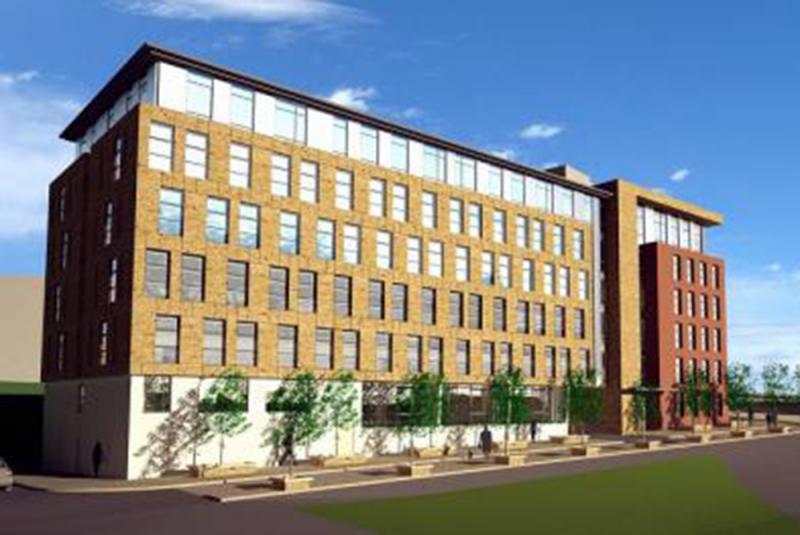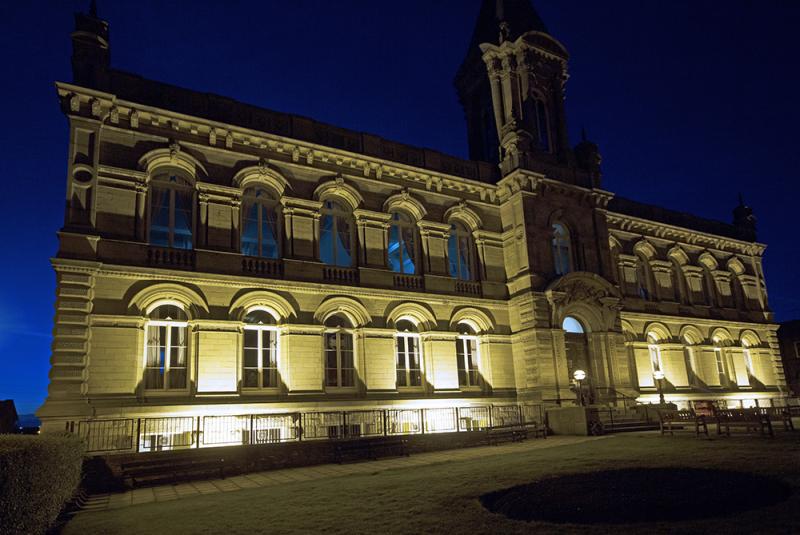The UK buy-to-let market has been attracting an increasing amount of attention from investors both within the UK and overseas of late. Now, new data released by Lloyds Bank has revealed that even those Brits who’ve left the UK for a new life overseas have a strong appetite for investing in their former home’s buoyant buy-to-let sector.
Huge demand
Britain’s well-documented accommodation shortage has led to rapidly rising house prices and the substantial growth of the private rented sector, which accounts for some 3.9 million households across England and Wales, according to the CBRE Regional Letting Outlook.
Combined with the latest figures from the Move with Us rental index which show rental rises in nine of 11 regions in the UK in the third quarter of 2012, the buy-to-let market in Britain has rarely seemed more attractive – a fact which has not been lost on British expats.
Expat excitement
Although happy to remain overseas themselves, the newly released Lloyds Bank data shows that 38% of British expats who plan to buy a property within the next two years will be looking to rent it out as a means of income generation.
The research also showed that Britain topped the list of favoured countries when it came to where British expats are buying, with 25.8% choosing the UK. Richard Musty, Director, Lloyds Bank International Banking, explains,
“Confidence in the UK property market is very strong. Our recent Investor Sentiment Index in March showed that consumer sentiment for UK property had grown by 50 percentage points since March 2013, so it´s not a surprise that Brits abroad are looking back home.”
City focus
Within the UK, it is the cities that are attracting the most attention from buy-to-let investors, with urban areas such as Birmingham, Liverpool and Bradford leading the charge. Ray Withers, sector expert and Chief Executive of award-winning property investment company Property Frontiers, comments,
“There’s a huge amount of regeneration activity underway in some of Britain’s leading cities currently, which is having a significant increase on property prices and which will continue to do so over the coming years. Thus we are seeing cities such as Birmingham and Liverpool attracting buy-to-let investors – including a high number of expat investors – due to their strong rental potential and the longer-term attractions of capital growth.”
Investors’ choice
From off-plan buy-to-let opportunities such as Property Frontiers’ prime waterfront apartments in Liverpool (from £82,500 with 8.5% gross rental yield guaranteed in year one), to city centre dwellings such as their apartments in Birmingham (£104,500 with 7% NET annual return guaranteed), the range of buy-to-let investments available in the UK is impressive.
Since the Barker Review of Housing Supply report was issued over a decade ago, Britain has been building houses at an average rate of 95,000 homes per year fewer than projected need demanded. The result is that many young professionals and families have been priced out of the market, turning instead to the private rented sector to fulfil their accommodation requirements. With supply seemingly set to lag behind demand for years to come, it looks like the strength of the UK buy-to-let property asset class is unlikely to fade anytime soon.
Investors wishing to take advantage of a range of buy-to-let opportunities in the UK’s leading cities are invited to contact Property Frontiers or call +44 1865 202 700 for further details.




